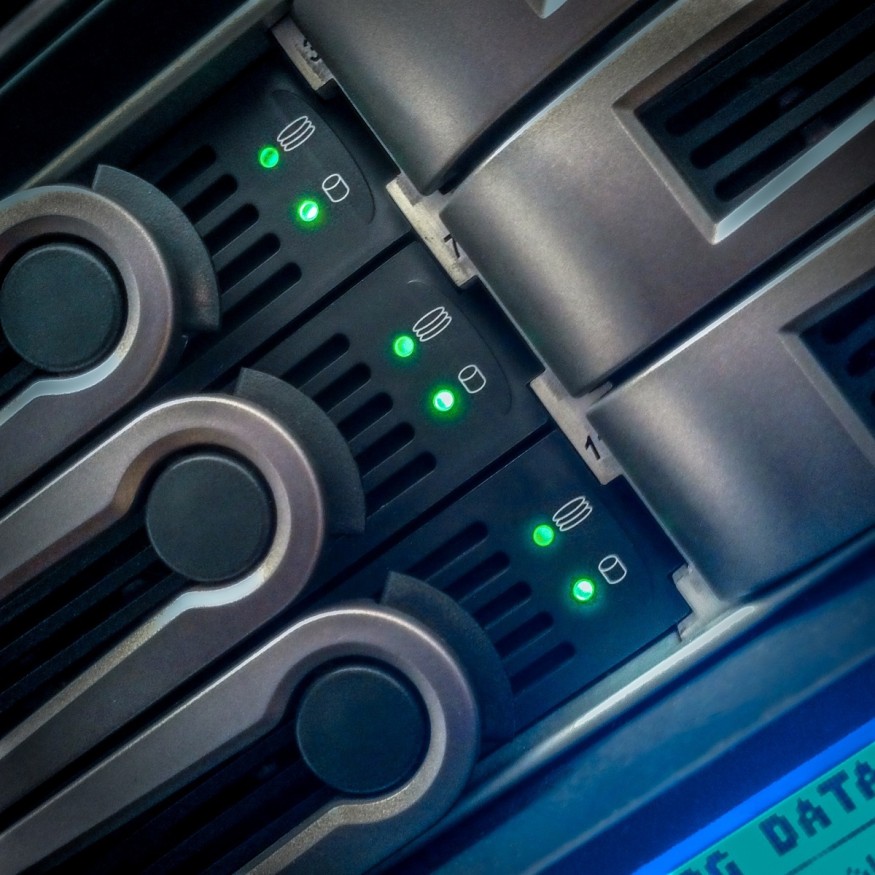
All people enjoy the pleasure of "living on cloud number nine," technologically speaking. This figurative phrase also literally applies to the Microsoft 365 backup realities most modern businesses are experiencing. None of us wants to return to the analog way of backing up data. But the questions remain: is there a need for businesses to consider storing some of their data on physical media? And if there is, which ones should they consider for their backup needs?
Remember, physical devices give you more control than cloud-based plans. For example, you can manage and control all your enterprise data. Also, you can recover it faster than doing so from the cloud version. Thus, you can choose how long you want to keep business information to suit your needs. The only limitation is that you will have to pay tomaintain these devices on your site.
Let'sanswer the questionswe posed above in more detail by showing you the three leading media you can explore to complement your cloud storage. Read on to learn how you can optimize these physical storage tools.
Hard Drive
These drives have been here for some time now, and most people are familiar with them. They are some of the cheapest options for backing up your data. For instance, you can purchase a 1 TB drive for less than $100. Such a capacity is large enough to meet the backup needs of an average small business. Moreover, hard drives are readily available.However, pay attention to the following limitations when choosing these physical media:
- They could still fail along the way due to physical aging or damage;
- They are slower compared to the next two options we shall see shortly;
- Hard drives consume more power.
Flash Drive
Flash drives are another efficient physical option for storing your data. They use flash technology to record and scan information quickly, which makes them more efficient. Hence, you don't require a lot of space on them the way you would when dealing with hard drives.
However, their nature makes them efficient and faster carriers of data between different computer systems. For instance, you can use them to load operating systems. Just like their hard drive counterparts, they are readily available and cheaper. Also, they are very portable. However, take note of the following limitations when using these media:
- They can easily break if you are careless with them. For example, if you sit on them, they could break and lose your stored data;
- Their small size means it's easy to lose them;
- It's easy to forget them in computer systems hence, leading to their accidental damage. For instance, you could knock and break them against the wall.
CD-ROM and DVD-ROM
CDs and DVDs are the last physical storage media we explore in this post. We are all familiar with them since they gained popularity in the '90s. These storage media are the cheapest of those we'reexamining. They are also readily available and easy to use for your computer backup. Moreover, it is easy to store them. However, beware of the following shortcomings when using them:
- They are a dying technology. Therefore, don't use them to store long-term data because all the computers being manufactured don't even have CD/DVD ROM readers. Moreover, companies like Apple no longer ship their software using CDs;
- They have a limited capacity of 700 MB, 4.7 GB, and 8.5 GB;
- They have a short lifespan and can damage easily. For instance, a simple scratch could damage them.
So, consider the following tipswhen using them temporarily:
- Utilizeprime qualityCDs/DVDs you can archive;
- Store them safely;
- Keep them clean to avoid scratches and damage;
- Hold them by their edges;
- Always wipe them using a soft and clean piece of clothing if you touch them on their readable side.
Physical media are still valuable complements for your cloud data storage. They have their unique benefits and advantages over their cloud alternative. Also, they have inherent shortcomings you need to be aware of and take care of. We hope the insights we discussed here will assist you in choosing and using them to the fullest degree.
© 2025 NatureWorldNews.com All rights reserved. Do not reproduce without permission.





